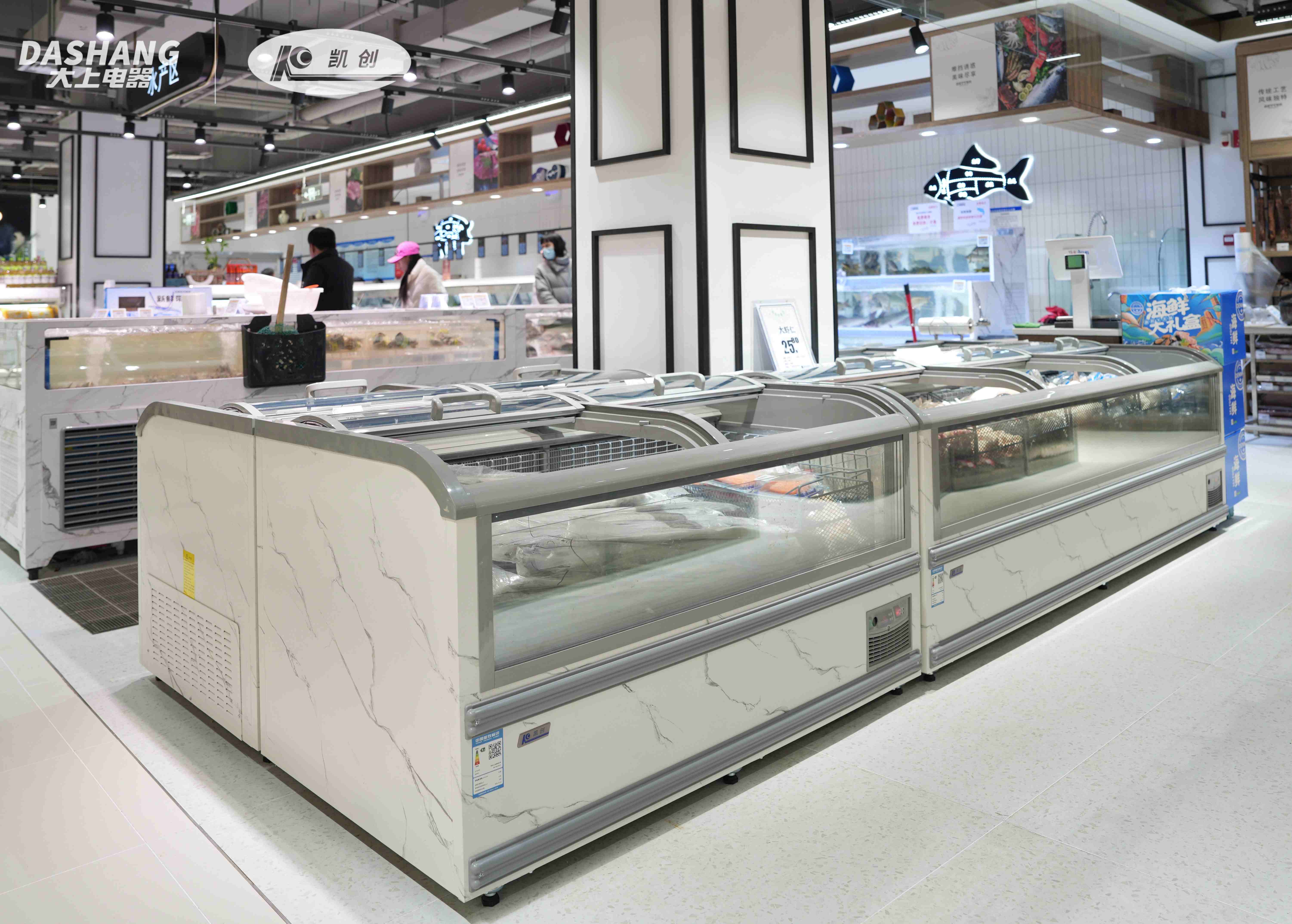In today’s competitive foodservice and retail industries, maintaining the quality and safety of perishable products is essential. A commercial refrigerator is a cornerstone of efficient operations, ensuring that products remain fresh while providing reliable, energy-efficient storage solutions. For B2B buyers, understanding the capabilities and benefits of commercial refrigerators is critical for making informed purchasing decisions that support business growth.
What is a Commercial Refrigerator?
A commercial refrigerator is designed for business environments, offering larger storage capacities, robust construction, and advanced cooling systems compared to residential units. Unlike household refrigerators, these units prioritize durability, consistent temperature control, and accessibility for frequent use. Key features include:
-
Adjustable Shelving: Flexibility to store various product sizes efficiently
-
Energy-Efficient Compressors: Reduce operational costs while maintaining performance
-
Durable Construction: Heavy-duty stainless steel or reinforced materials for longevity
-
Temperature Monitoring: Ensures consistent cold storage for perishable goods
-
User-Friendly Access: Sliding doors, swing doors, or glass panels for quick retrieval
Commercial refrigerators are widely used in restaurants, supermarkets, convenience stores, and catering operations where both storage capacity and reliability are essential.
Advantages of Using a Commercial Refrigerator
Investing in a high-quality commercial refrigerator offers multiple benefits for B2B buyers:
-
Consistent Product Quality: Maintains optimal temperature to prevent spoilage
-
High Storage Capacity: Designed to accommodate large volumes of products
-
Energy Efficiency: Modern refrigeration technology lowers electricity costs
-
Enhanced Workflow: Easy access and organization improve staff productivity
-
Durability and Reliability: Built to withstand high-frequency use in commercial settings
Applications Across Industries
Commercial refrigerators are used in a variety of sectors, including:
-
Restaurants and Cafés: Storing ingredients, prepared meals, and beverages
-
Supermarkets and Grocery Stores: Displaying and preserving fresh produce, dairy, and meat products
-
Catering Services: Keeping bulk ingredients fresh before events
-
Convenience Stores: Offering ready-to-eat meals, drinks, and snacks to customers
Their combination of capacity, reliability, and ease of access makes commercial refrigerators an essential asset for businesses managing perishable inventory.
Tips for Selecting the Right Commercial Refrigerator
To maximize efficiency and ROI, consider the following:
-
Size and Capacity: Choose a unit that matches your business volume and available space
-
Temperature Range: Ensure it meets the storage requirements for your products
-
Maintenance Needs: Look for units with easy-to-clean surfaces and accessible components
-
Energy Efficiency: Prioritize models with energy certifications and efficient compressors
Proper selection and maintenance of a commercial refrigerator can prevent product loss, improve operational workflow, and reduce energy costs.
Conclusion
A commercial refrigerator is a critical investment for any business that handles perishable goods. Beyond mere storage, it ensures product quality, operational efficiency, and energy savings. For B2B buyers in retail, foodservice, or catering, choosing the right commercial refrigerator supports smooth operations, customer satisfaction, and long-term business growth.
FAQ
1. What products can be stored in a commercial refrigerator?
Commercial refrigerators are suitable for fresh produce, dairy, meat, beverages, and prepared meals.
2. How does a commercial refrigerator differ from a residential unit?
Commercial units offer higher capacity, robust construction, and frequent-access designs for heavy-duty use.
3. How can I ensure energy efficiency in a commercial refrigerator?
Select models with energy-efficient compressors, LED lighting, proper insulation, and routine maintenance.
4. Are commercial refrigerators suitable for small businesses?
Yes, they are available in various sizes and configurations, including under-counter, reach-in, and upright models, adaptable to small spaces.
Post time: Nov-05-2025





